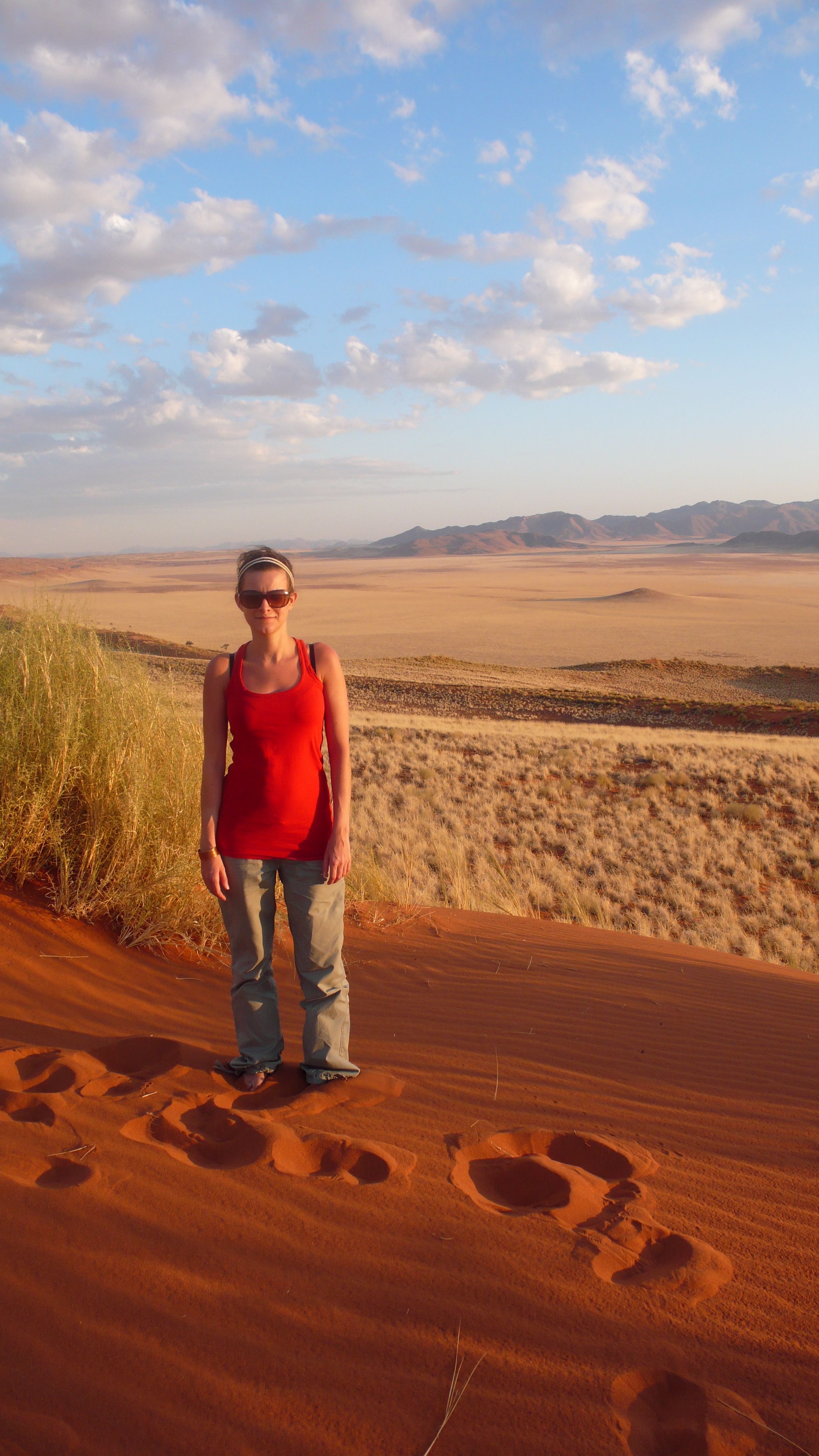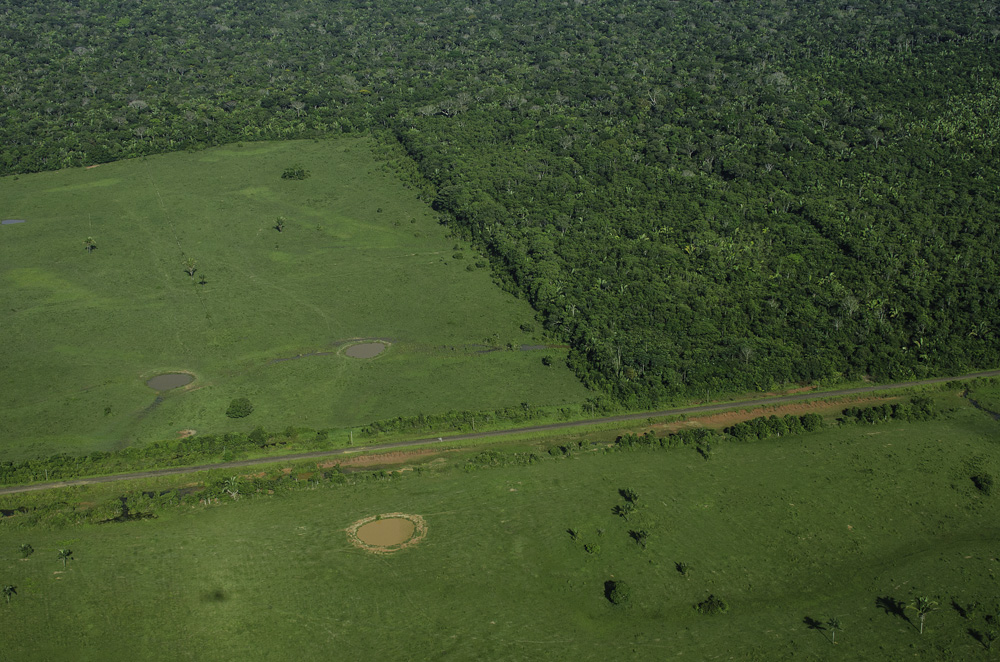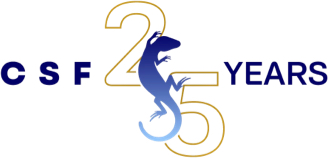News
I am pleased to write an update on the activities and conservation initiatives that I have been working on after attending Conservation Strategy Fund’s 2012 course, Economic Tools for Conservation, in Stanford, CA.
Richshaw Bagworks Founder and CEO, Mark Dwight, has always cared for the environment. The company prides itself on minimizing waste in its local San Francisco facility, and Mark's personal passion for cycling inspires many of its products. Everything from custom messenger bags to iPad covers to baby changing kits are guaranteed to be locally produced, eco-friendly, and durable, not to mention stylish! Rickshaw has donated hundreds of its iconic custom “Zero Messenger Bags” (inspired by the power of “zero” waste) to CSF global trainees since 2010. The company has also hosted CSF supporters for fundraising auctions and factory tours.
Conservation Strategy Fund has been training conservationists, natural resource managers, and policy-makers in the language of economics for nearly 15 years. Hear first-hand what our course participants and instructors have to say about why CSF's training programs are effective and make a big difference for conservation.
CSF began working with International Consultant and Environmental Economist Rhona Barr in late 2012. Rhona brings to CSF a diverse set of practical and research experiences in tropical settings, including Latin America, Asia and Africa.
Born in North Wales, Rhona grew up on the island of Anglesey. From an early age, island life made her fascinated ("nearly obsessed!") with the outdoors and biology, particularly the watery ecosystems around her.
Under the second phase of the Initiative for Conservation in the Andean Amazon (ICAA) of the United States Agency for International Development and in collaboration with Wildlife Conservation Society, CSF is moving forward with the creation of three sustainable business plans for the indigenous Tacana community. The community, located in Bolivia's Amazon region north of La Paz, is home to approximately 5,000 people. Their land is known in Spanish as a Tierra Comunitaria de Origen, and is similar to a Native American reserve in the U.S., designated as a permanent home for the Tacanas to continue their traditions. It is located on the banks of the Beni River in the village of San Miguel del Bala.
As part of the ICAA fellows program, CSF held three methodological guidance workshops in November. The fellows traveled far and wide to visit each of their respective mentors and work on their final research profiles, which contain all of the definition methodology and data tools design collection. The workshops were held in Concepción, Chile, Bogota, Colombia and La Paz, Bolivia. In Chile, Karin Gonzales, Sophía Espinoza, Patricia Siles met with their mentor, Felipe Vásquez, who is a specialist in economic valuation of natural resources. In Bogota, Paula Zuluaga, Pablo David Campoverde, and Enrique de la Montaña Andrés met with Rocío Moreno, whose area of specialization focuses on game theory, economic valuation, and payments for environmental services.
In October 2012 CSF completed and delivered business plans for Tourism in Indigenous lands (the Paiter-Surui and Parintintin). The plans were part of the Garah Itxa project on Ethnoenvironmental Corridors in the Brazilian Amazon. At the project's closing event, CSF launched a publication with the compilation of the main results of the project. To obtain this publication and learn more about business plans visit our Projects page.
For Angela Mojica, a marine biologist in Guatemala, this year's course forced her to think in a completely different way. Watch the video below to find out what had previously been missing in her conservation efforts.
David Johnson, currently a professor at Harvard University, has been teaching microeconomics with CSF since 2004. When asked if economics can alter the way environmentalists approach conservation, he had this to say:
Divulgamos aqui o resultado do processo seletivo para o Curso de Ferramentas Econômicas para a Conservação - Infraestrutura na Amazônia, apoiado pela Gordon and Betty Moore Foundation e USAID.
Foi um processo concorrido devido à quantidade e qualidade dos inscritos. Dessa forma, o critério de seleção levou em conta - além do perfil do candidato - a distribuição geográfica, perfil e segmento das instituições, envolvimento com o tema e gênero.
Temos duas listas de selecionados: uma lista principal e uma lista de espera, em ordem de prioridade. Os candidatos selecionados na lista principal deverão confirmar sua participação até o dia 30 de julho. Caso haja desistências, elas serão preenchidas de acordo com a ordem de prioridade da lista de espera.
LISTRA PRINCIPAL




